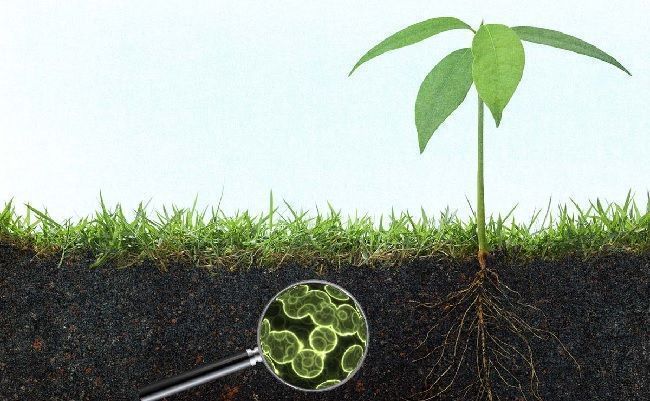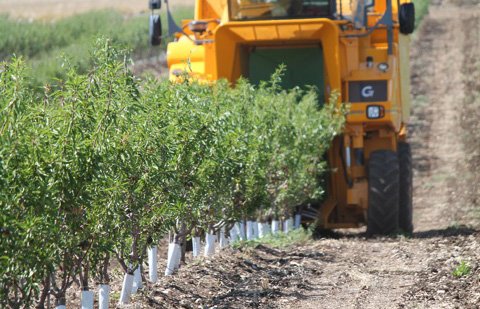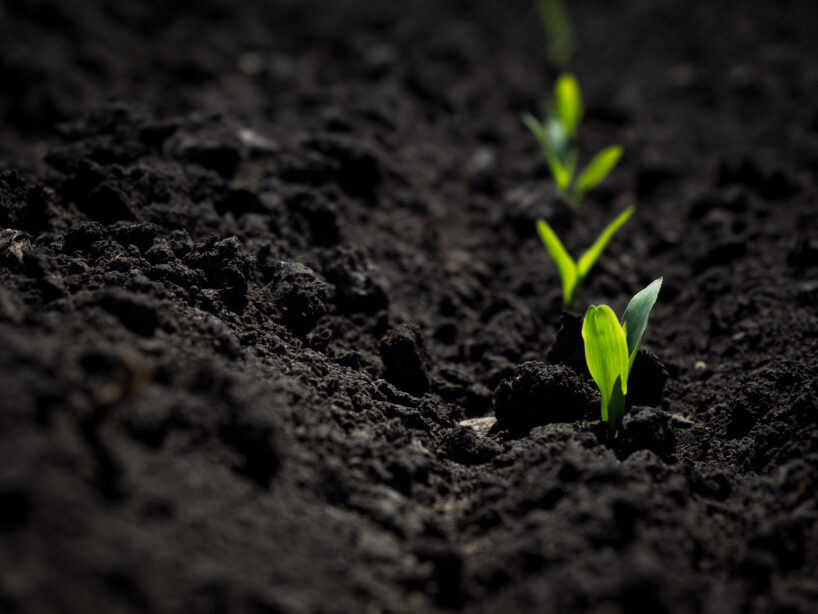
Negritvm®: organic fertilizer for agricultural soils
A significant decrease in the fertility of agricultural soils is closely related to the modification in quantity and quality of their organic fraction and, as a consequence, is also associated with a serious loss of their productive and functional capacity.
The significant decrease in the fertility of agricultural soils
It is a proven fact that climate change affects agricultural ecosystems. The reduction of rainfall periods and the multiplication of extreme events favor soil erosion. The increase in temperatures increases evapotranspiration and consequently the desiccation of soils. These phenomena cause, in some cases, the decrease of arable land (due to soil erosion and land degradation processes) and, in others, a decrease in crop productivity.
In this sense, strategies are underway for the protection of soils that help mitigate this loss of biodiversity, provide healthy food and safeguard human health. Some of the actions that will allow meeting the objectives of these strategies are aimed at increasing carbon storage in soils as it is crucial to improve soil fertility and agricultural production.
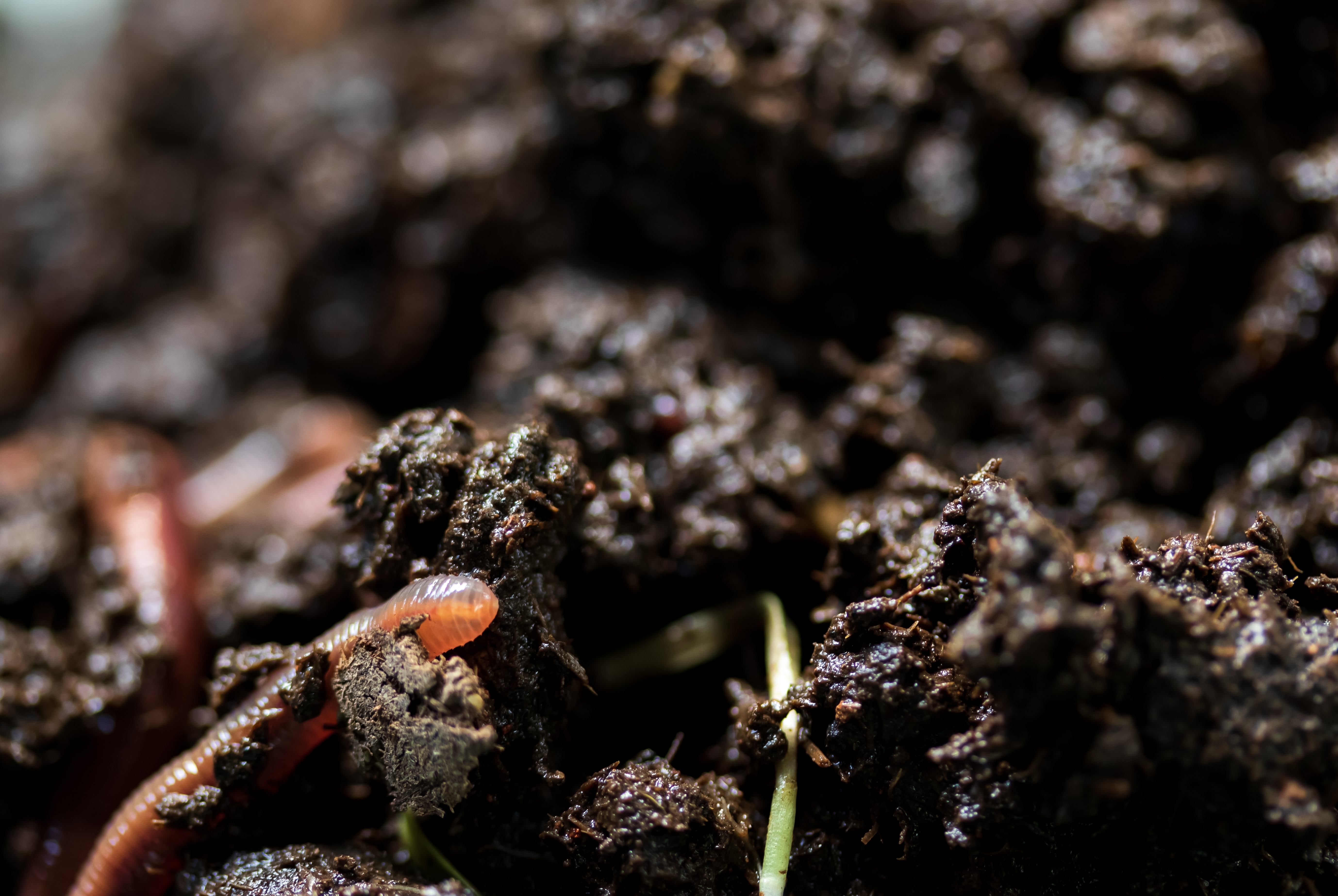
Organic matter
Soil organic carbon (SOC), the main component of organic matter, is capital in all processes that occur in the soil and in its quality, since it improves its structure, fertility and water storage capacity, being therefore widely accepted as an indicator of soil quality (Podmanicky et al. 2011).
Likewise, at COP21 (Paris Climate Summit of 2015) the importance of organic matter for climate change was highlighted, since soil organisms are vital for the maintenance of soil structure and carbon sequestration.
There are many factors that influence and determine the amount of organic matter in the soil. The agronomic effects of the transformation of organic matter in the soil are preferably related to the speed with which it evolves and to the balance achieved between the processes of formation and degradation (humification and mineralization) of the same. This dynamic of the organic fraction will translate into a greater or lesser availability of nutrients and bioactive substances to cover the needs of the plant, in a greater or lesser proportion of humified fraction and in a favorable or unfavorable effect on all the parameters linked to the fertility and conservation of the soils of cultivation.
In short, organic matter is crucial for the conservation of the functionality of agricultural soils and, for this, it is important to maintain adequate levels of it in the soil.
Negritvm®
In this sense, Agrométodos presents NEGRITVM®, a liquid organic product of vegetable origin with a high content of organic matter (40%), fulvic acids (30%), organic nitrogen (2.9%) and potassium (4.5%).
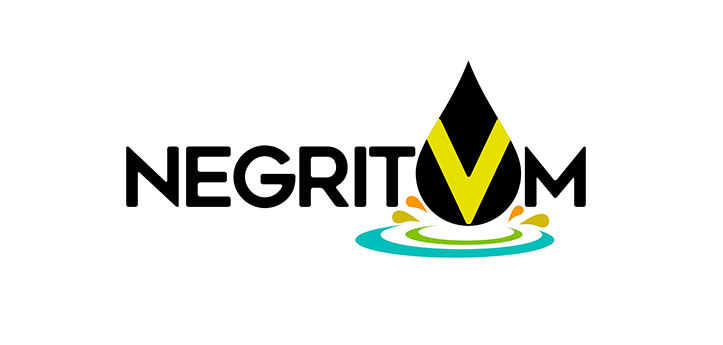
Organic matter and fulvic acids improve the physical, chemical and biological characteristics of the soil, favoring the optimal development of crops. Therefore, the NEGRITVM® application generates:
- – About the physical properties of the soil:
- ≫ Improves the structure, lightening the plastic structures and adding the sandy ones.
- ≫ Increases the porosity of clay soils.
- ≫ Increases the water holding capacity available to plants.
- – About the chemical properties of the soil:
- ≫ Stimulates the growth and activity of microbial flora.
- ≫ Improves the germination capacity of seeds.
- ≫ Provides nitrogen and potassium easily assimilated by plants.
- – About the plant:
- ≫ Favors the formation and development of roots.
- ≫ Improves the absorption and assimilation of nutrients from the soil.
In short, NEGRITVM® is a quality organic fertilizer for crops, which can be used both via irrigation and foliar. In addition, it is a product:
- – Authorized in Organic Agriculture according to Standard UNE 142500.
- – Respectful with the auxiliary fauna.
- – It does not generate waste or safety period.
- – Compatible with most phytosanitary and nutritional products normally used.

